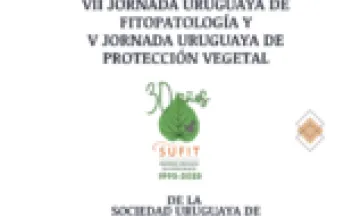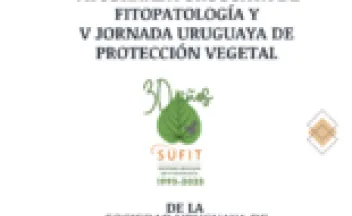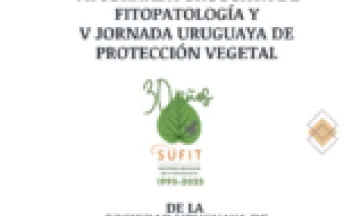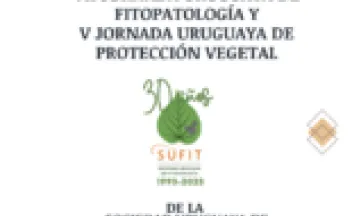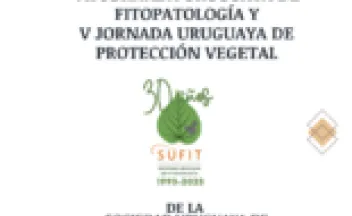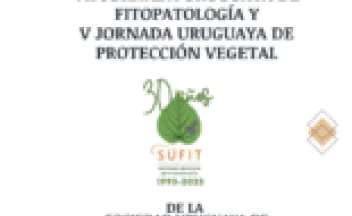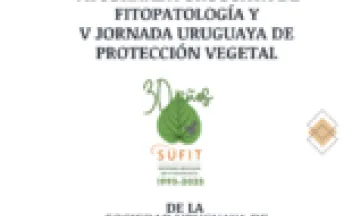Estudio del sistema de agronegocios de semilla forrajera en Uruguay. [Study of the forage seed agribusiness system in Uruguay.].
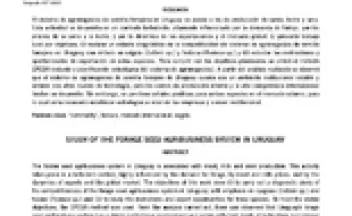
RESUMEN.- El sistema de agronegocios de semilla forrajera en Uruguay se asocia a los de producción de carne, leche y lana. Esta actividad se desarrolla en un contexto turbulento, altamente influenciado por la demanda de forraje, por los precios de la carne y la leche, y por la dinámica de las exportaciones y el mercado global.

